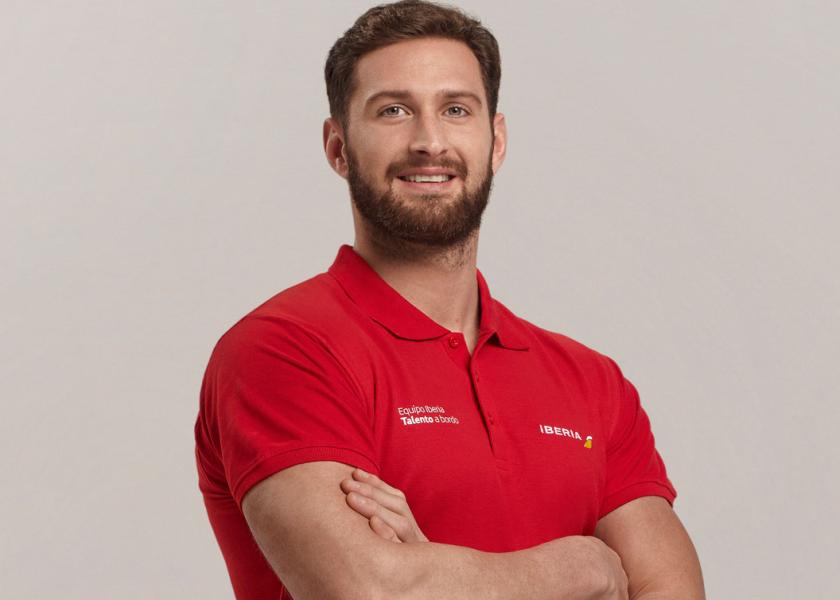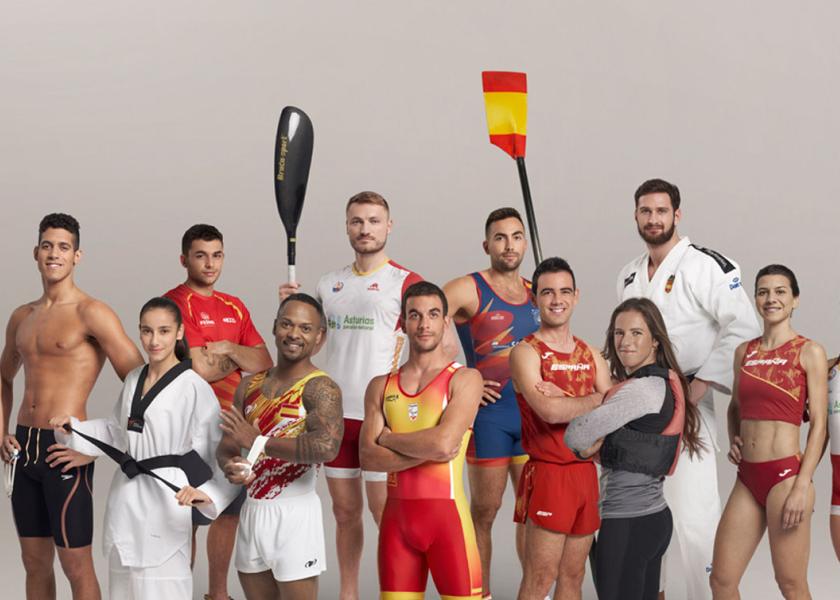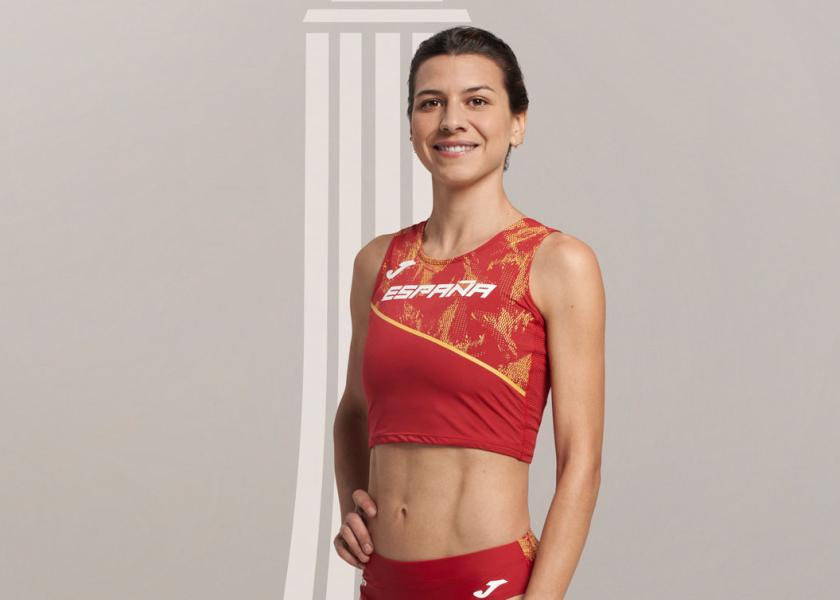Hugo González de Oliveira
The American dream
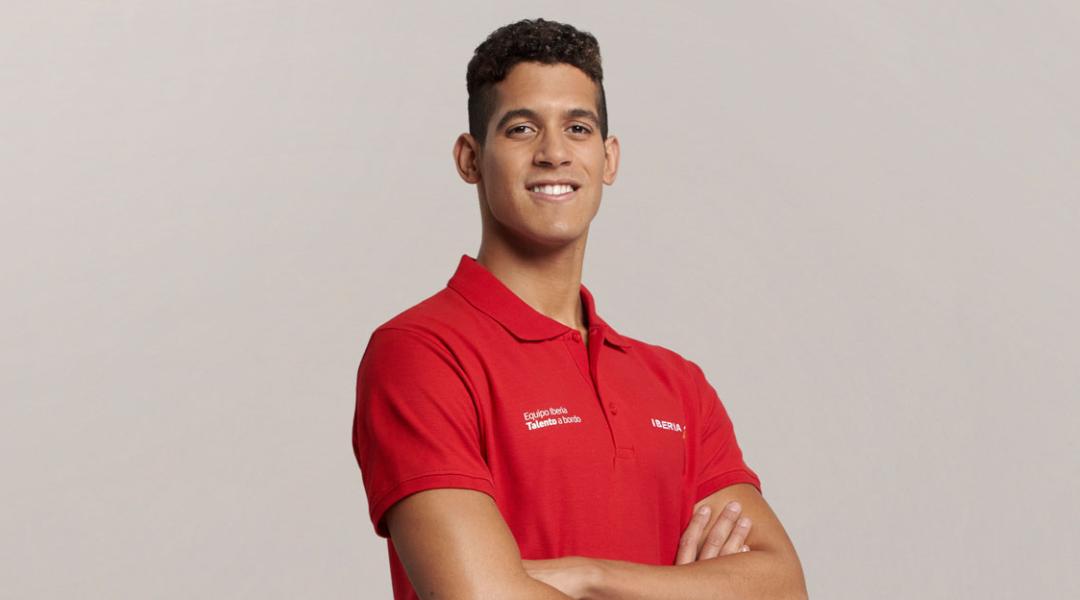
Dreams sometimes await us thousands of miles away. Leaving his roots behind, Hugo González de Oliveira flew to the United States to make his dream come true: becoming one of the best swimmers in the world. After his experience, he highlights the talent for swimming that exists in Spain while campaigning for educational programmes that enable elite athletes to practice their sports while studying at the same time.
One day, Hugo González de Oliveira (Palma de Mallorca, 1999), took a tough decision: to pack his bags and fly to the United States. This swimmer chased a dream that, after a few years, we can confirm has come true: establishing himself within the world’s top swimming elite while sowing the seeds of a professional and academic future. His three medals at the European Aquatics Championships in Budapest in 2021 —gold in 200 metres individual medley, silver in 100 metres backstroke, and bronze in 50 metres backstroke—, alongside his sixth place in the 100 metres backstroke at the Tokyo Games, confirm this. Now, Hugo has set his sights on the World Aquatics Championships in Fukuoka (Japan) —from the 14th to the 30th of July—, without losing sight of his main goal: the Paris Games. “There’s just over a year left, but my expectations are sky high. Letting my guard down is the last thing on my mind,” he firmly declares.
You’re one of the greatest hopes for Spanish swimming, how are you dealing with other people’s expectations of you?
The truth is that I don’t take much notice. When you step onto the starting block, it’s just you, the water, and the training you’ve done. In any case, if people have expectations of me, I’m happy to try to take Spanish swimming as far as possible. That’s my goal, in the end, because when I dive into the water, I’m not just swimming for myself, I also represent my country. Expectations are great if they turn into motivation.
You achieved impressive results at junior level, but you took your time to shine in the absolute category; why?
I went through lots of changes: I moved country, changed coach, changed club... But I’m on the right track. I want to continue improving and set myself new goals, that’s what we’re working on.
“If people have expectations of me, I’m happy to try to take Spanish swimming as far as possible”
Why did you move to the United States?
The main reason was that the US is a global player in the world of swimming. Some Spanish swimmers were going there, and I started considering the idea. I knew that Sergi López, who won bronze in Seoul in 1988, was a coach at an American university, so I asked for his advice. He advised me to go and train with him, so that’s what I did. I was looking for the opportunity to win a grant that allowed me to both study and swim.
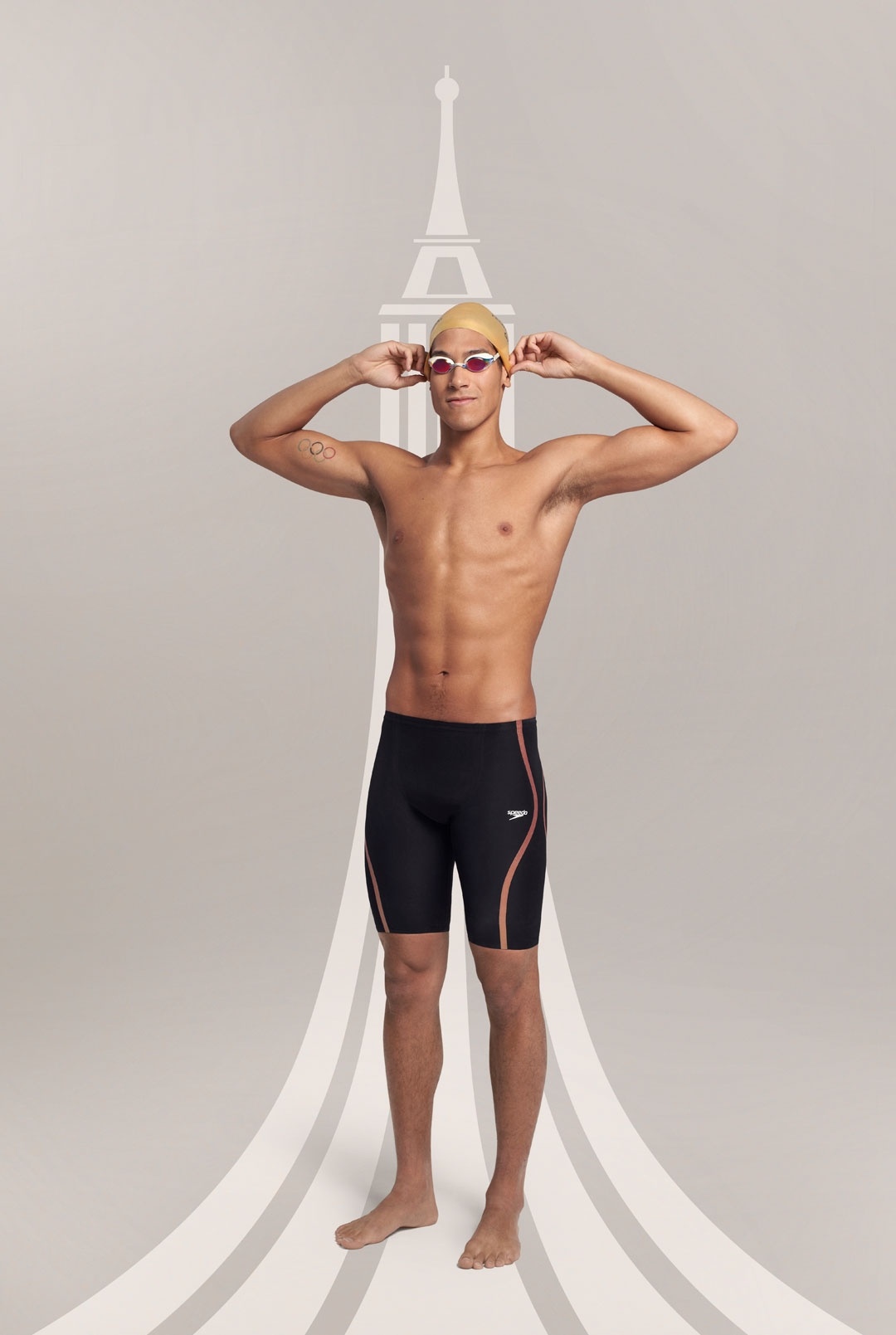
Hugo González de Oliveira received a diploma at the Tokyo Games for coming sixth in the 100 metres backstroke.
What does Spain need to improve on so that talented swimmers like you don’t need to move abroad to grow?
I believe the US practices more patience than Spain, they let swimmers develop over time. There, many swimmers who go on to win medals at the Games or World Championships improve a lot between the ages of 18 and 25, but in Spain, we’re under a lot of pressure to achieve results early on. Most swimmers I know who have quit swimming have done so because they can’t study and practice the sport at the same time, so what Spain is missing is a system that allows you to do both things. Because the talent is there, there are swimmers and coaches, so the only thing that’s missing is patience and a change in mentality.
You’ve always said that when you got to the US and started training alongside the likes of Ryan Murphy, Nathan Adrian or Ryan Hoffer, your level improved. Do you believe talent grows when it connects people?
Yes, I believe talent is contagious. When I came to the US, I wanted to surround myself with people who were better than me to learn as much as possible, to get to their level and thus improve. When you have the swim mates I’ve had, whom I’ve learnt so much from these last few years, it almost becomes easy.
“Talent is contagious. When I came to the US, I wanted to surround myself with people who were better than me to learn as much as possible”
Swimming is an individual sport, but I’ve heard you say more than once that, for you, it’s a team sport. What do you mean?
I mean that I wouldn’t be able to train on my own, without being surrounded by my swim mates. During the race, it’s just you by yourself, but I can’t imagine training alone, because I always draw on my swim mates to improve. So, even though swimming seems like an individual sport, for me, in the end, it’s very much a team sport.
But when you step onto the starting block at the pool, it’s just you. What do you think, in those moments?
Honestly, I try not to think about anything (laughs). There are so many things that can pop into your mind, but the best thing is to keep your mind blank and for everything to happen instinctively. We swimmers think a lot during our training sessions, but before a race, you want your instinct to take charge, so that everything flows naturally when you hear the starting signal.
“I want to give the best version of myself in Paris, get to the final and, once I get there, fight to the end. Letting my guard down is the last thing on my mind”
If I say this word, Paris, followed by a year, 2024, what thoughts come to mind?
I think about how much I want the Games to begin and how excited I am about them. There’s just over a year left, but my expectations are sky high. I want to give the best version of myself, get to the final and, once I get there, fight to the end. Letting my guard down is the last thing on my mind (laughs).
But, before Paris, the World Aquatics Championships in Fukuoka are just around the corner. How do you feel about this event?
All I want is to improve. Swimming is a sport measured in hundredths of a second, and no one likes to make the same times, I want to decrease them. I’d love to reach a final, or several, and fight for the top spots. I have good feelings about it, I think I’ve never been so excited to take part in a World Championship.
What talent do you need to become an elite swimmer?
I’d say that the most important thing is to be passionate about swimming, to enjoy what you do, and that you like being in the water. Another essential is to be willing to improve every day. And the rest is discipline, something that is relatively easy if you’re passionate and motivated.
